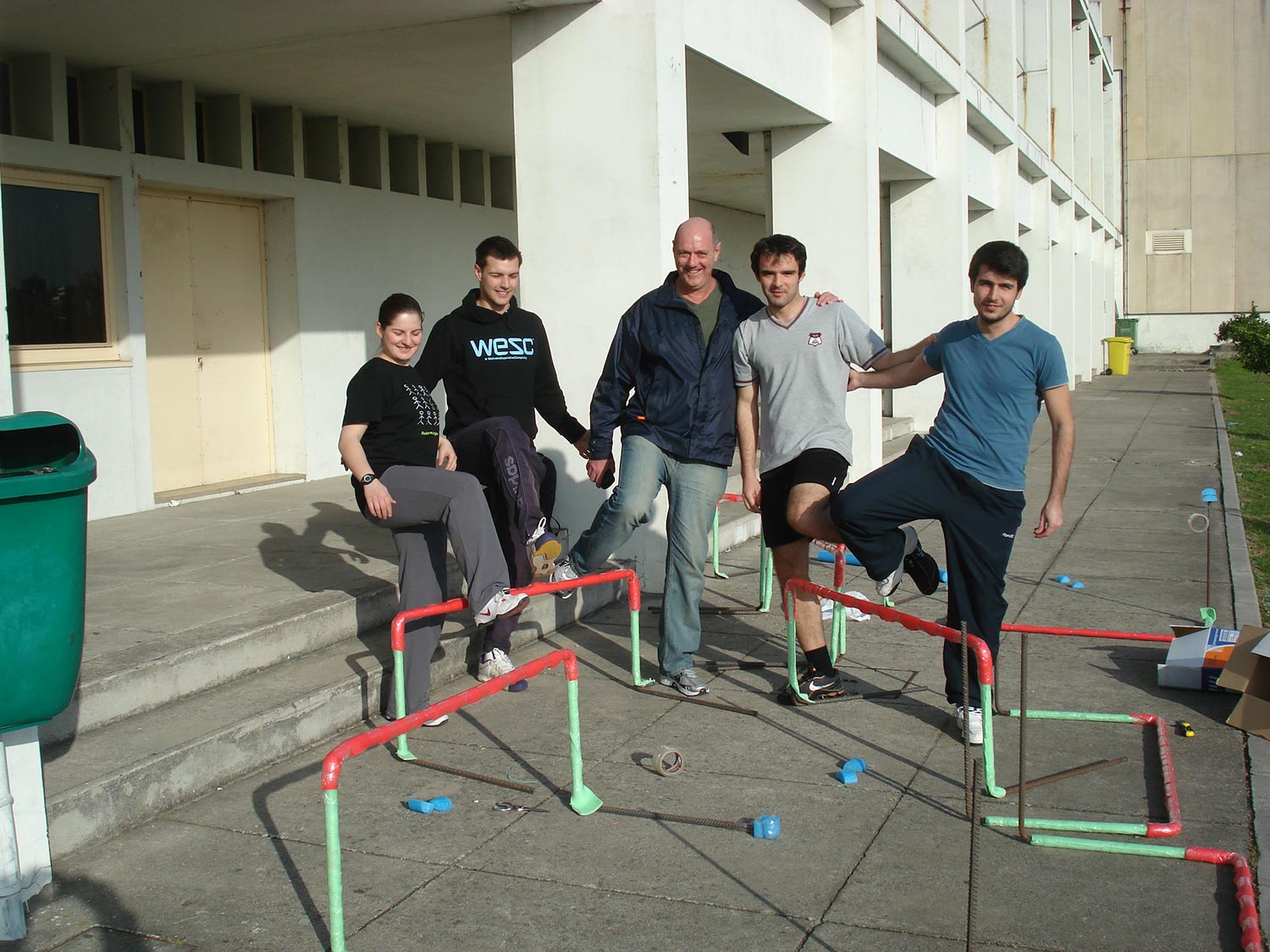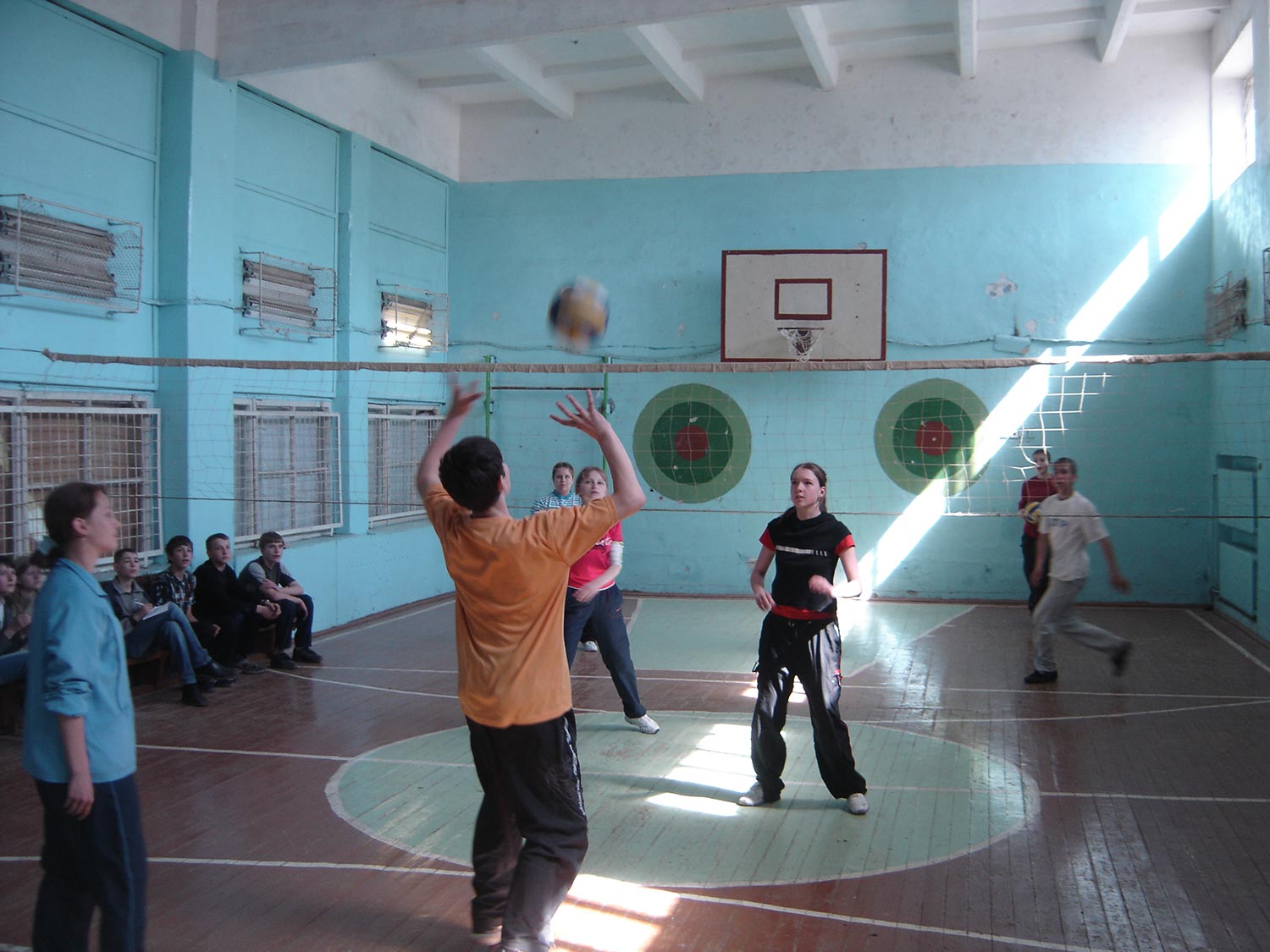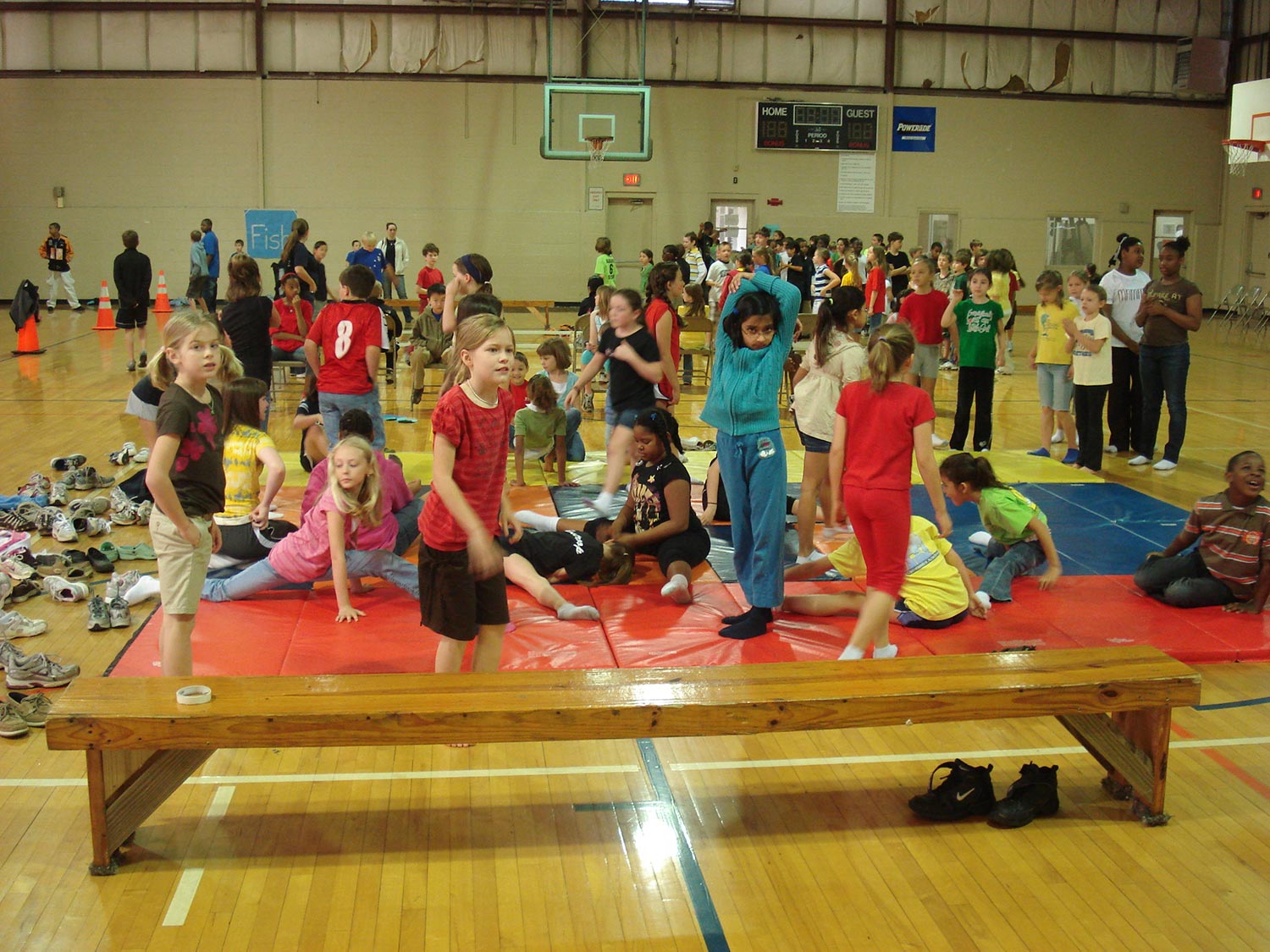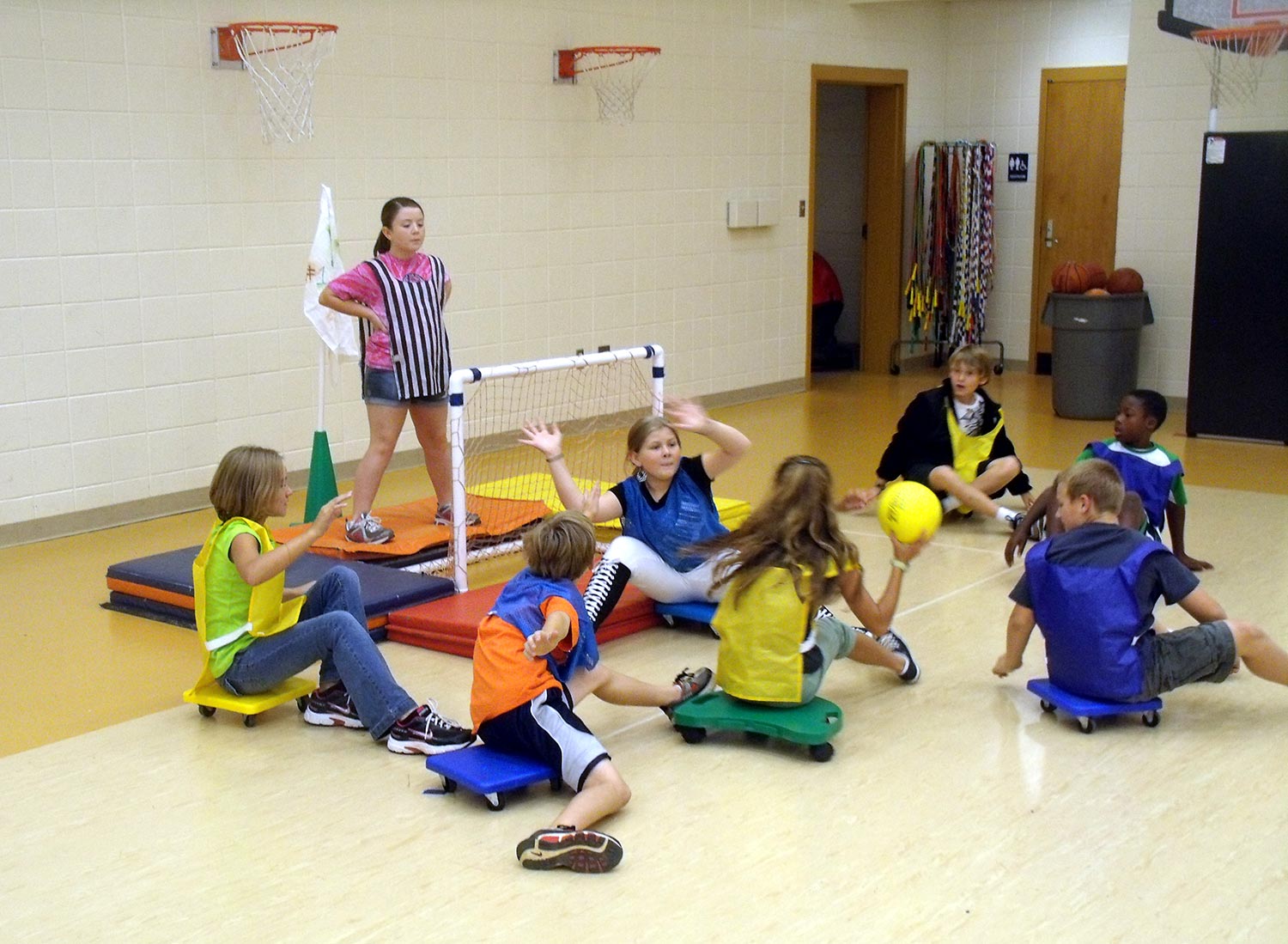Sport education is a curriculum and instruction model that provides authentic sport experiences for physical education students. Its key features derive from how sport is conducted in community and interschool contexts. Ideally, it combines direct instruction, cooperative small-group work, and peer teaching. Its goals are to help students become competent, literate, and enthusiastic sports persons.
Research on the model has progressed from original descriptions of students’ and teachers’ responses to the model, to more contemporary issues concerning the achievement of the goals of competence.
Studies have been conducted in the U.S., Australia, Russia, Portugal, and Spain, with similar outcomes across settings. Students prefer Sport Education to their more traditional teacher-directed lessons, and have been shown to learn their skills in more appropriate ways.
Methodologies have included quantitative measures of engagement, skill and tactical development, as well as game literacy, while qualitative methods have included interviewing, interactive journals, and drawing analysis.








